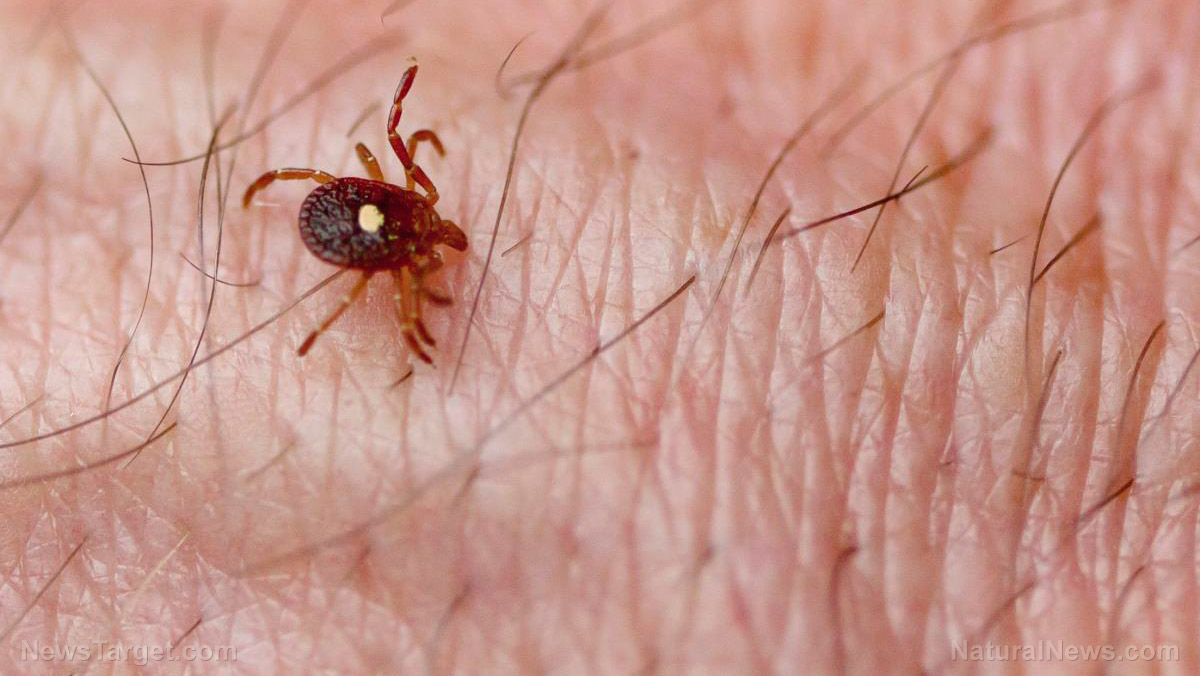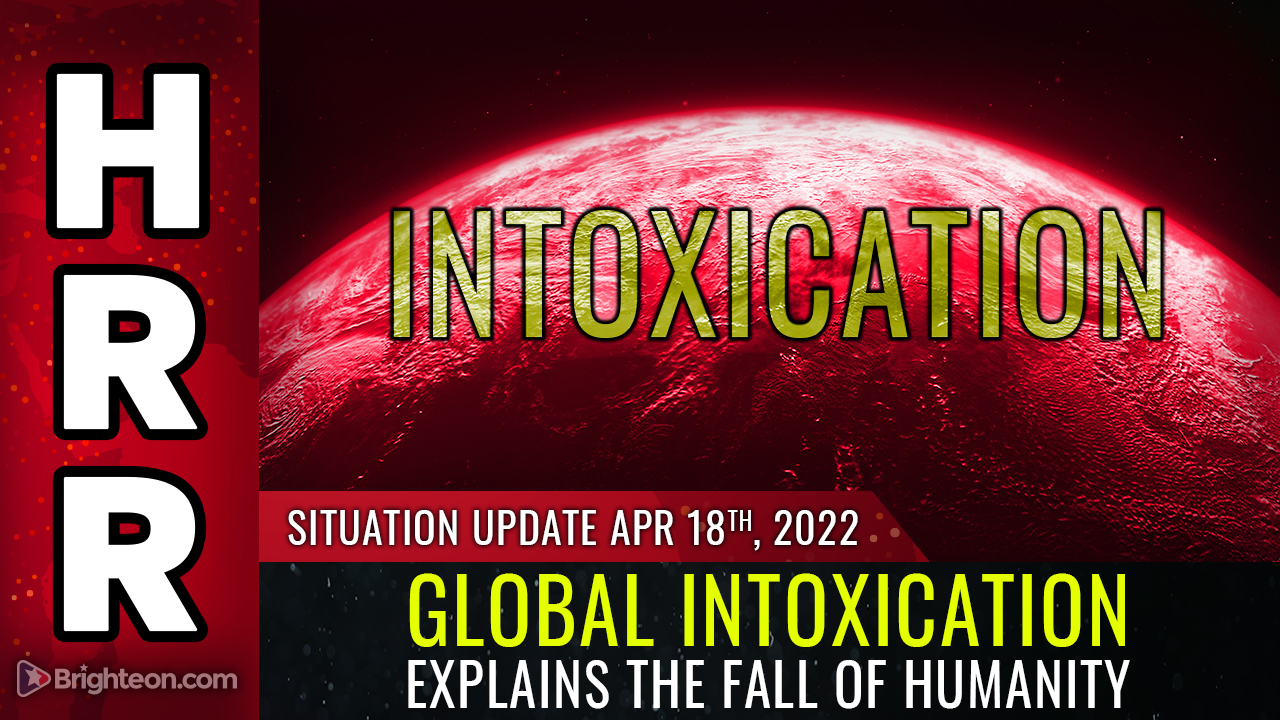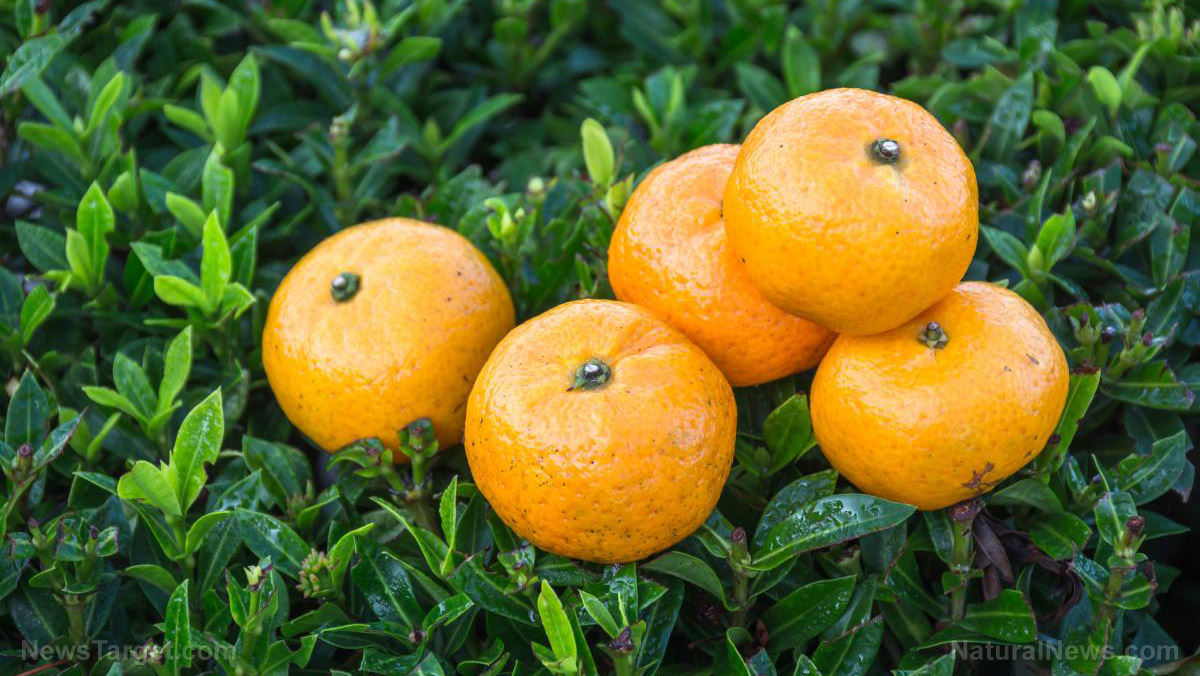Premium teas in “silken” tea bags contain MICROPLASTICS, warn researchers
09/16/2020 / By Virgilio Marin

Silken tea bags can release billions of microplastic particles into a single cup of tea, according to a study published in the journal Environmental Science and Technology. These premium tea bags often come in pyramid shapes and are partially made of plastic. When hot water is poured, it sheds tiny plastic particles that mix with tea, said researchers from McGill University.
Tea bags shed billions of plastic particles
Co-author Nathalie Tufenkji, a professor of chemical engineering at McGill, ordered tea from a Montreal cafe one day. She was given a tea bag that appeared to be made from plastic. She asked graduate student and co-author Laura Hernandez to buy different tea bags from the store to have them studied. The tea bags that were examined were made of polyethylene terephthalate, which is the same material used to make plastic bottles.
The researchers found that a plastic tea bag steeped at 203 degrees of hot water sheds around 11.3 microplastics and 3.1 nanoplastics in a single cup. That’s several times more than other foods and beverages commonly contaminated with plastics.
“We were shocked when we saw billions of particles in a single cup of tea,” said Tufenkji. “We think that it is a lot when compared to other foods that contain microplastics.”
For example, recent research found that a liter of bottled water contains roughly 10 to 10,000 plastic particles depending on the brand. Table salt, a food ingredient with a relatively high microplastic content, has about 0.005 micrograms (mcg) of plastic per gram of salt. On the other hand, a cup of tea has 16 mcg per cup, which is thousands of times greater than table salt.

Tufenkji said that they counted and included smaller particles, which may explain why tea bags have such high plastic content. But she also noted that plastic is an accidental contaminant in most foods and beverages. With silken tea bags, said Tufenkji, “you’re literally adding plastic into the beverage.”
The researchers examined how plastic particles may affect health by testing on water fleas. While the particles did not kill the insects, they caused developmental malformations and behavioral changes.
Meanwhile, a report from the World Health Organization concluded that the plastic content in drinking water poses a low risk to humans. But the report also recommended further research on the health effects of chemical additives and microplastics less than 150 micrometers in diameter, which can enter the body’s tissues.
More research is needed to ascertain the effects of plastic on health. In the meantime, Tufenkji warns consumers to stick to paper bags or loose leaf tea: “Personally, I would say avoid the plastic tea bags because it’s just another single-use plastic.”
Thousands of plastic particles are ingested annually
A person ingests at least 50,000 plastic particles a year, according to a study published in the Environmental Science and Technology.
The true number is likely many times higher, as only a small number of foods and beverages were included in the study. Those that were included are fish, shellfish, sugar, salt, beer and water, as well as the air in cities.
The researchers calculated how many particles people ingest in a year using the U.S. government dietary guidelines. They found that adults ingest about 50,000 microplastic particles a year while children ingest 40,000. Those who drank only bottled water throughout the year further consume 130,000 plastic particles compared to 4,000 from tap water. (Related: Polluted bodies: Researchers find shocking levels of microplastics in CHILDREN.)
While the health effects of plastic remain unknown, the researchers said that high plastic exposure serves as “a potential alarm call.” They recommended avoiding the use of plastic as much as possible, as doing so will be beneficial in the long run.
CleanWater.news has more on contaminated drinking products.
Sources include:
Submit a correction >>
Tagged Under:
This article may contain statements that reflect the opinion of the author





















